Introduction: In the world of interior design and home renovations, choosing the right materials for tiling projects can be a daunting task. With numerous options available, it's important to understand the differences between various tile types to make an informed decision. In this article, we will explore the dissimilarities between mosaic tiles and porcelain tiles, two popular choices for homeowners and professionals alike.
Composition and Manufacturing: Mosaic Tiles: Mosaic tiles are typically small, individual pieces made from various materials such as glass, ceramic, or natural stone. These materials are cut into small shapes and arranged to form intricate patterns or designs. The tiles are often mounted on mesh sheets, making installation easier.
Porcelain Tiles: Porcelain tiles, on the other hand, are a type of ceramic tile that is made primarily from fine clay fired at high temperatures. This process results in a dense and hardwearing material that is highly resistant to water, stains, and scratches. Porcelain tiles come in various sizes and can mimic the appearance of natural stone or other materials.
Durability and Maintenance: Mosaic Tiles: Mosaic tiles offer versatility in terms of design, but they are generally not as durable as porcelain tiles. Glass and ceramic mosaic tiles may be more susceptible to cracking or chipping, especially in high-traffic areas. Additionally, grout lines between the mosaic pieces require regular cleaning and maintenance to prevent dirt or stains from accumulating.

Explore more:Is fiber mesh good for waterproofing?What is the purpose of a spillway gate?Difference Between Dam And ReservoirFiberglass Tissue Mat: Unleashing Artistic Innovations?Why use concrete form tubes?Is Modular Slab Formwork the Best Investment for Your Construction Project?Drywall Cracks Self Adhesive Fiberglass Mesh Joint TapePorcelain Tiles: Porcelain tiles are renowned for their exceptional durability. They are highly resistant to moisture, stains, and wear, making them an ideal choice for areas prone to heavy foot traffic or exposure to water, such as kitchens and bathrooms. Porcelain tiles are low maintenance and require minimal cleaning, thanks to their non-porous surface that repels dirt and liquids.
Design and Versatility: Mosaic Tiles: Mosaic tiles are cherished for their artistic appeal and ability to create eye-catching designs. They come in a vast array of colors, shapes, and patterns, allowing for endless creative possibilities. Mosaic tiles are often used as accents, borders, or backsplashes, adding a unique touch to any space. They are particularly popular in creating intricate mosaic murals or detailed geometric patterns.
Porcelain Tiles: Porcelain tiles offer a wide range of design options, mimicking the look of natural materials like marble, granite, or wood. With advances in technology, manufacturers can produce porcelain tiles that replicate the texture, veining, and color variations of these materials. This allows homeowners to achieve the desired aesthetic without the maintenance concerns associated with natural stone. Porcelain tiles are available in various sizes, including large-format tiles for a seamless appearance.
Conclusion: When deciding between mosaic tiles and porcelain tiles, it's essential to consider factors such as durability, maintenance, and design preferences. Ralart mosaic tiles offer artistic versatility and intricate patterns, while porcelain tiles provide exceptional durability and mimic the appearance of natural materials. By understanding the distinctions between these tile types, homeowners and designers can confidently choose the option that best suits their needs and enhances the beauty of their living spaces.
Explore more:What Is a Geomembrane and How Are They Used?Melting Deicing Device: Revolutionizing Winter MaintenanceHow Do Dancing Water Fountains Work?Benefits and highlights of an Expandable Container HouseHow to build a wood slat wall?What are the advantages of a steel structure warehouse?Hydroxypropylmethylcellulose: Unlocking the Potential of Multifunctional Compounds




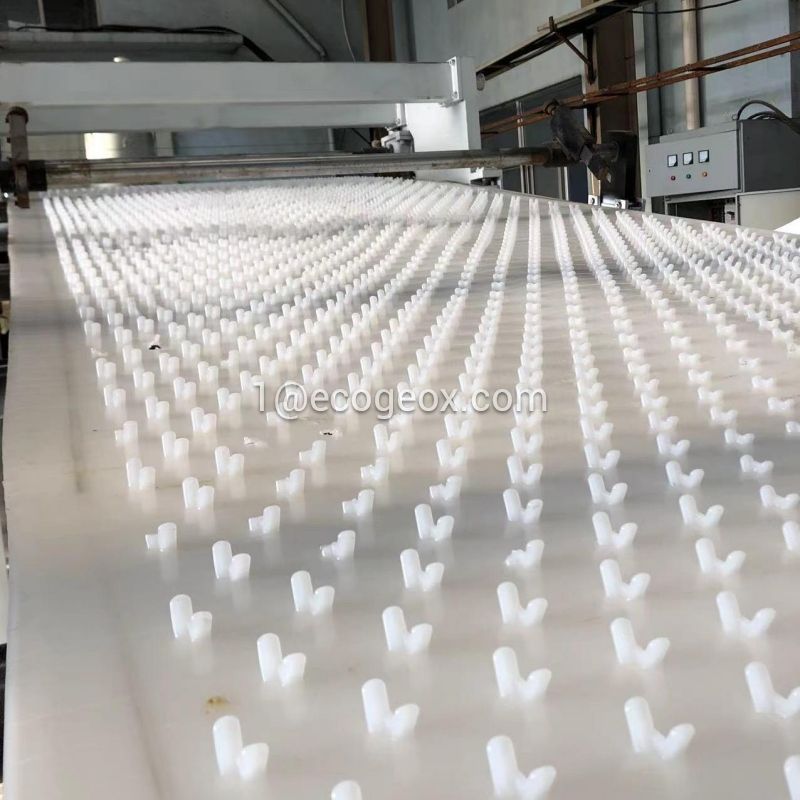

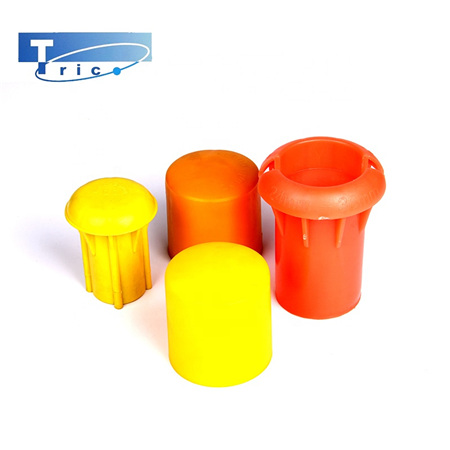
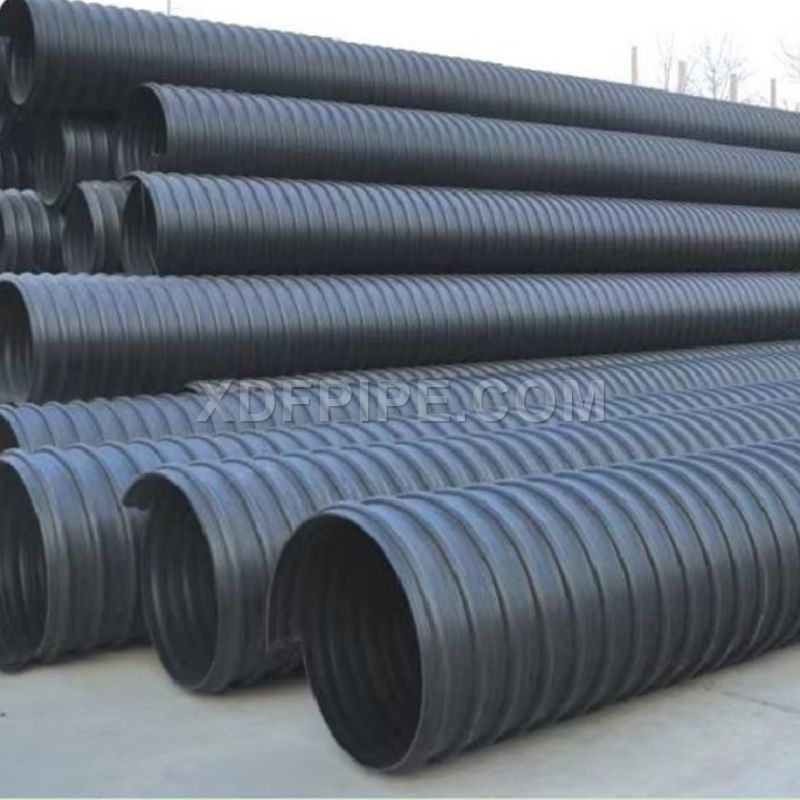
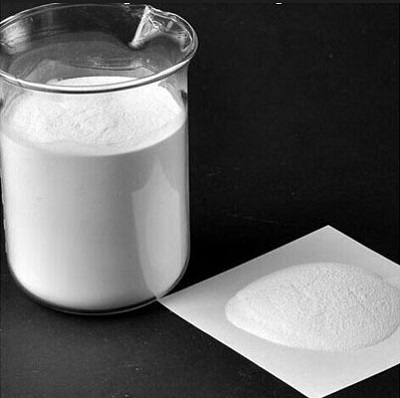
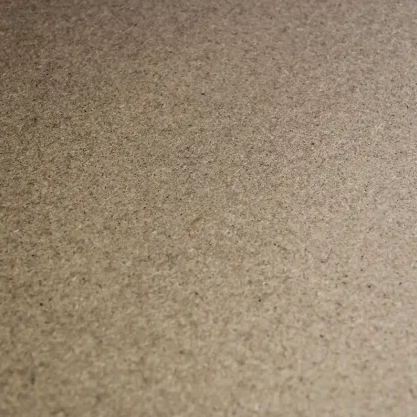

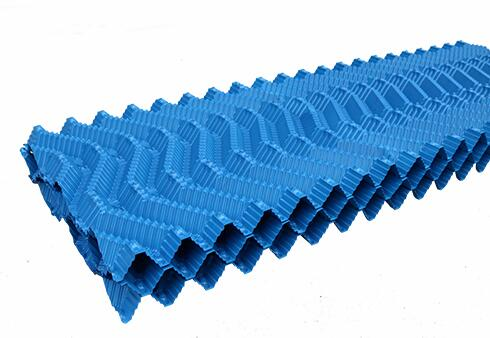
Comments
Please Join Us to post.
0